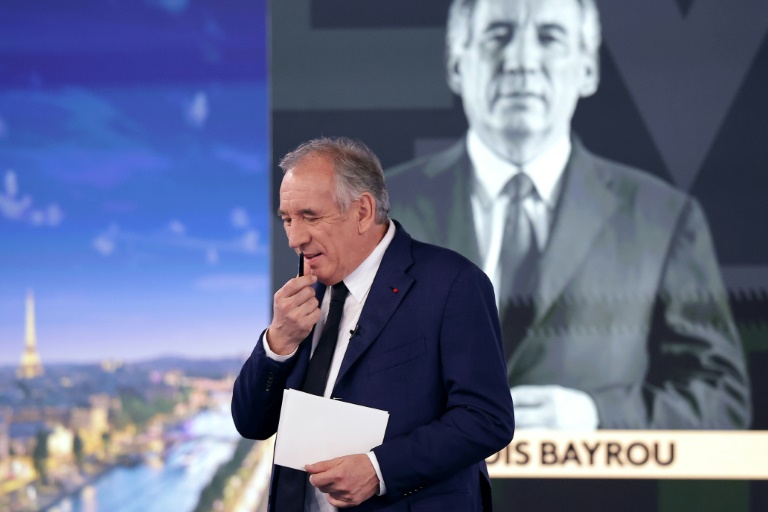France is on edge as the nation anticipates the formation of a new government to navigate its ongoing political crisis. Prime Minister François Bayrou, appointed on December 13, 2023, is expected to announce his cabinet soon, potentially by Christmas. President Emmanuel Macron, who had just returned from a humanitarian mission in cyclone-hit Mayotte, is in contact with Bayrou, who is finalizing selections for his team. There is speculation that the announcement could occur as early as Sunday, as Bayrou pushes for a diverse cabinet that includes voices from both the left and the right, hoping to insulate his government from impending challenges.
With the prime ministerial seat changing hands frequently this year—Bayrou is the fourth prime minister of 2024—political analysts express skepticism regarding Bayrou’s longevity in the role. His immediate mission is to stabilize his position, particularly in the face of a no-confidence vote anticipated soon after he addresses Parliament on January 14. He inherits a minority government that had previously relied on parliamentary backing from Macron’s centrist party and the conservative Les Républicains. However, the far-right and left parties recently united to oust Bayrou’s predecessor, Michel Barnier, triggering fears for Bayrou’s stability in a politically fragmented landscape.
The recent political turmoil has roots in Macron’s choice to call for snap elections, which did not yield any party a commanding majority. Barnier’s government collapsed mainly due to his inability to garner support for a budget intended to mitigate France’s fiscal woes through spending cuts and tax increases. This failure underscores the considerable challenges Bayrou now faces as he must negotiate a divided parliament and find consensus to push crucial legislation through.
Bayrou’s week began under scrutiny as he faced backlash for attending a public event in his hometown while the aftermath of Cyclone Chido unfolded in Mayotte, raising questions about his commitment and responsiveness. According to an Ifop poll published in the Journal du Dimanche, a staggering 66% of respondents disapprove of his early performance, marking one of the lowest approval ratings for a newly appointed prime minister in French history since 1959. These sentiments indicate a difficult road ahead and an uphill battle for Bayrou to gain public trust.
The imminent threat of a no-confidence motion looms large, particularly from opposition figures such as Jean-Luc Mélenchon, leader of the far-left France Unbowed party. He has signaled intentions to challenge Bayrou’s government and use the upcoming parliamentary address as a platform to galvanize opposing forces. Meanwhile, the far-right National Rally appears to be adopting a measured approach, withholding immediate support for a censure motion but remaining a potential threat if Bayrou fails to secure loyalist backing.
In addition to establishing a stable cabinet, Bayrou’s administration must prioritize fiscal policy and budget preparation to avert deeper crises. As he works toward building alliances and crafting a government that reflects a broad spectrum of political ideologies, time will tell whether he can defy predictions of a brief tenure. With France facing pressing economic and political challenges, the resilience and effectiveness of Bayrou’s leadership will be critical for the nation’s stability in the months ahead. The stakes are high, as any misstep could plunge the government closer to a precipice from which recovery may be irretrievably difficult.

